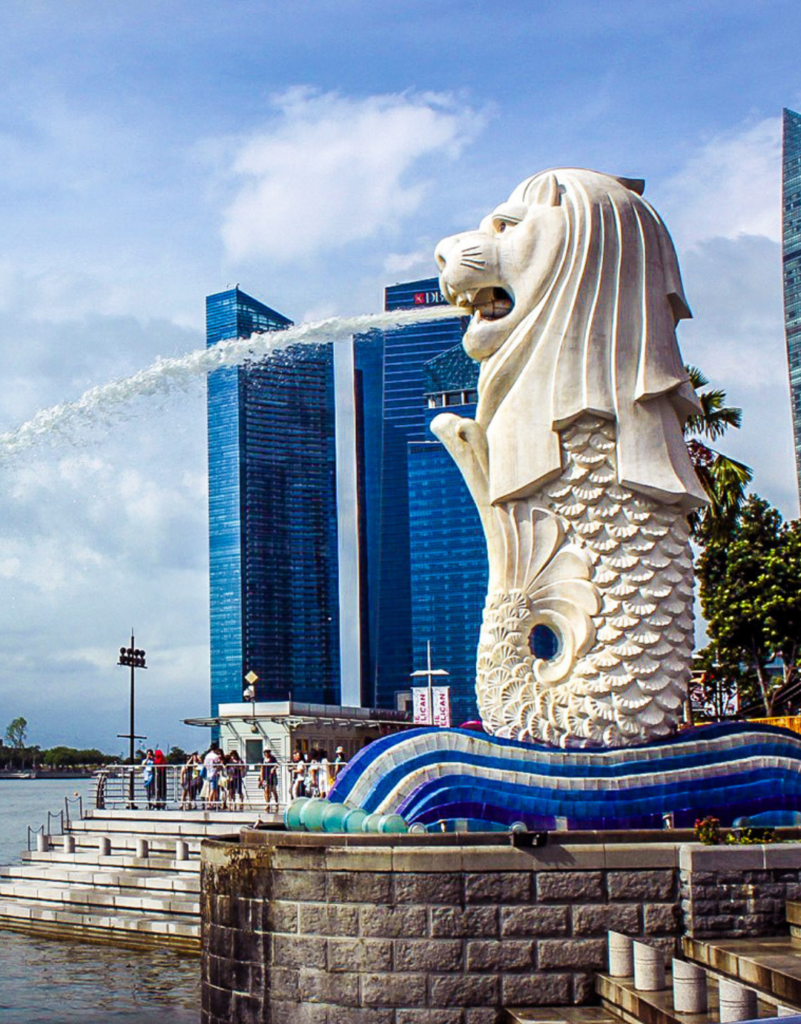




HKIFOA’s mission is to facilitate the growth and professionalization of family offices in Hong Kong and Asia, and to enhance the understanding and awareness of family office services among high-net-worth individuals, business owners, and other stakeholders. The association provides various resources and services to its members, including networking events, education and training programs, research and analysis, and industry insights and thought leadership.

HKIFOA also collaborates with government agencies, academic institutions, and industry associations to promote the development of a supportive regulatory environment for family office services and to advance the interests of its members. Overall, HKIFOA aims to position Hong Kong as a leading hub for family office services and to contribute to the growth and success of the family office industry in Asia.

We believe that traditional approaches to materials’ use can place undue pressure on global resources and that they are wasteful and uneconomically viable in an increasingly challenging business environment.
Family offices could participate, measure, and monitor the environmental footprint of the most material operational aspects and report this information to contribute.

HKIFOA is committed to contributing to a more environmentally sustainable economy and limiting our environmental impact through the contribution of global FOs.
We recognise that, we can create and enhance long-term value for HKIFOA members by taking responsibility for our association planet. Our goal for environmental management is to add value to member businesses in a sustainable, environmentally responsible way, and to conserve and protect the world’s natural resources through our member diverse investments, operations, products and services.
Environmental management strategy is built upon the most material aspects where we can have a real impact as a mission.

Wealth preservation against inflation refers to strategies and techniques aimed at protecting the value of one’s assets and wealth from the erosive effects of inflation. Inflation is the general increase in prices over time, leading to a decrease in purchasing power. If not properly addressed, inflation can erode the real value of financial assets, savings, and investments.
Here are some common wealth preservation strategies against inflation:
Diversify Investments: Diversifying your investment portfolio across different asset classes such as stocks, bonds, real estate, commodities, and international investments can help mitigate the impact of inflation. Different assets may respond differently to inflationary pressures, providing a certain level of protection.
Invest in Real Assets: Investing in tangible assets like real estate, precious metals (like gold or silver), and commodities (such as oil or agricultural products) can provide a hedge against inflation. These assets tend to hold their value better during inflationary periods.
Treasury Inflation-Protected Securities (TIPS): TIPS are government bonds specifically designed to protect against inflation. The principal value of these bonds adjusts with the Consumer Price Index (CPI), ensuring that the investment keeps pace with inflation
Preserve Purchasing Power: Instead of holding large cash balances, which lose value over time due to inflation, consider investing in assets that have historically outperformed inflation, such as equities, real estate, or inflation-protected bonds.
Regularly Review and Adjust: Keep track of your investment portfolio and periodically review its performance in light of prevailing economic conditions. Make adjustments as necessary to ensure your investments align with your inflation protection goals.

Passive income refers to earnings that are generated with minimal active involvement or effort from the recipient. It is often considered a source of safety and stability because it provides a consistent stream of income without requiring ongoing, extensive work. Here are some examples of passive income sources that can contribute to financial safety:
Rental Properties: Owning and renting out real estate properties can generate passive income through rental payments. However, it’s important to consider factors such as property management, maintenance costs, and vacancy rates when evaluating the profitability of rental properties.
Dividend-Paying Stocks: Certain stocks pay regular dividends to shareholders, providing a steady income stream. Dividend stocks from established, financially stable companies can offer safety and potential growth over time. However, it’s essential to research and diversify your stock portfolio to mitigate risk.
Affiliate Marketing: By promoting products or services through affiliate programs, you can earn commissions on sales generated through your unique referral links. This method requires an initial investment of time and effort but can eventually become a passive income stream.
Family wealth management and succession refer to the processes and strategies involved in managing and preserving the wealth accumulated by a family over generations, as well as planning for the smooth transition of assets and responsibilities to the next generation. It encompasses various aspects, including financial planning, estate planning, wealth preservation, and the transfer of leadership and decision-making within the family.
Here are some key components of family wealth management and succession:
Financial Planning: This involves developing a comprehensive financial strategy that aligns with the family’s goals and objectives. It includes budgeting, investment management, tax planning, risk management, and philanthropic considerations.
Estate Planning: Estate planning focuses on the orderly transfer of assets from one generation to the next while minimizing taxes and ensuring the family’s wishes are carried out. It typically involves creating wills, trusts, and other legal documents to facilitate the transfer of wealth and manage potential complexities.
Wealth Preservation: The aim of wealth preservation is to protect and grow the family’s assets over time. It involves diversifying investments, managing risks, and considering alternative asset classes to safeguard the family’s wealth against market volatility and unforeseen circumstances.
Governance Structure: Establishing a family governance structure can help maintain harmony, communication, and decision-making within the family. This may involve creating a family council, setting up regular meetings, and defining roles and responsibilities for family members involved in wealth management.
Succession Planning: Succession planning is the process of identifying and preparing the next generation or successors to take on leadership roles and manage the family’s wealth effectively. It includes mentoring, education, and preparing family members to handle the responsibilities associated with wealth management.
Family Values and Legacy: Family wealth management often incorporates consideration of the family’s values, mission, and legacy. This involves defining and preserving the family’s values, philanthropic initiatives, and social impact through strategic giving and responsible investing.

Immigration and identity planning involve strategies and considerations related to individuals or families who are planning to relocate to a new country and navigate the process of establishing their identity in a new cultural and social context. It encompasses various aspects, including immigration laws, documentation, cultural integration, language acquisition, and maintaining one’s identity while adapting to a new environment.
Here are some key components of immigration and identity planning:
Immigration Laws and Documentation: Understanding the immigration laws and requirements of the destination country is crucial. It involves researching visa options, residency permits, work permits, and other necessary documents to legally establish oneself in the new country.
Cultural Integration and Language Acquisition: Adjusting to a new culture involves learning the local customs, traditions, and norms. Language acquisition plays a significant role in effective communication and integration. Taking language courses and engaging with local communities can help facilitate cultural adaptation.
Education and Employment Planning: Identifying educational opportunities for children or pursuing further education for oneself is important in the planning process. Researching job prospects, networking, and exploring employment opportunities in the new country can also be essential for professional growth and financial stability.
Social Networks and Community Engagement: Building a support system and connecting with local communities can aid in the transition and provide a sense of belonging. Engaging in community activities, joining clubs or organizations, and seeking out expatriate groups can help create a network of friends and acquaintances.
Maintaining Identity and Heritage: While adapting to a new environment, it is important to preserve one’s cultural identity and heritage. This can include practicing customs and traditions, celebrating cultural festivals, maintaining connections with one’s home country, and passing on cultural knowledge to future generations.
Legal and Financial Considerations: Consulting with legal professionals knowledgeable in immigration laws and tax regulations can ensure compliance and help in managing financial matters associated with the move. This includes understanding tax obligations, banking requirements, insurance, and other legal considerations specific to the new country.